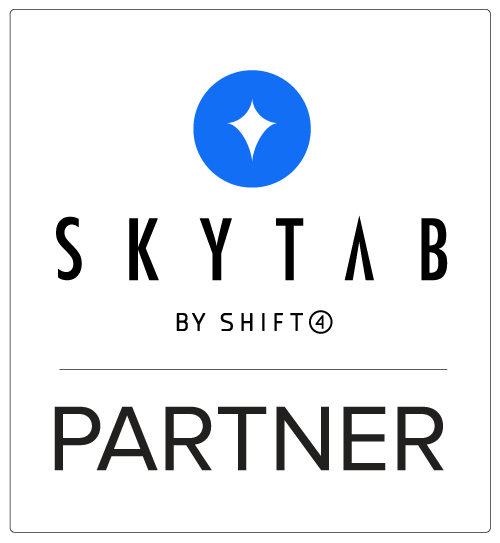
Part 2: Why Restaurants Should Stray Away From Third-Party Delivery
As we previously highlighted the dangers that come along with operating through a third-party food delivery services such as UberEats, Grubhub, and Postmates, there are a few other topics to be covered when trying to understand this sector further. These food-delivering apps are employing shady practices, as their sole focus is on stuffing their own pockets, even at the burden of local restaurants. Recent studies show reasonable causes of concerns when dealing with third-party delivery, as issues are arising with ghost kitchens and the withholding of certain key customer data.
A Rise in Ghost Kitchens
The restaurant industry has seen rising rates of ghost kitchens or “virtual kitchens” as the modern world continues to take shape. Some restaurant owners have attempted to adapt to a mobilized world through ghost kitchens partnering with a third-party delivery to represent their business. These essentially eliminate dining services and solely rely on mobile takeout orders to support their operations. Through first glance, the concept seems good. Ghost kitchens eliminate many costs such as the staff and upkeep of the dining area, which would seem to boost margins immediately. However, many restaurant owners are realizing that this new trend is rather shortsighted and many of these ghost restaurants have been forced to close as relying solely on third-party vendors is a significantly risky move. At the end of the day, the sole profiteers of ghost kitchens are the third-party delivery apps. In addition, relying on unknown strangers to represent and deliver your business has several drawbacks.
Three problems arise with ghost kitchens and third-party delivery services.
First, these companies are charging hefty fees for their services. These can range from 10-30 percent per order and often come with other sneaky hidden fees. While ghost restaurants save a lot of money by minimizing other costs, these fees charged by third-party delivery services essentially minimizes any gains made by the restaurant. To run a successful business, eliminating unnecessary costs should be a priority. These fees charged by delivery services will continue anchoring down your profits no matter the volume of sales.
Aside from the ridiculous hefty fees, many ghost kitchens are actually operated by Uber Eats, GrubHub, or other third-party delivery companies. Due to these apps’ data-driven background, many ghost kitchens are being opened through a blink of an eye to match food trends. An abundance of ghost kitchens aren’t even operated out of a real kitchen, sometimes run out of a parking lot, storage container, or even under a bridge. As they cater to local trends seen through data they collect and hold, they are manipulating the market, taking away from local-businesses. They are harming local restaurants while undercutting and violating the regulations of the industry.
Take Control of Your Data
Third-party delivery apps have also been guilty of withholding important data from restaurants. These delivery services are not only blocking restaurants from establishing any form of relationship with their diners, but they are also forbidding restaurants from accessing any data collected on customers. Even more concerning, they are using your data to drive customers away from your restaurant.
Third-Party delivery services withhold customer email addresses in order to sell their marketing services to the highest bidders. All third-party apps allow restaurants to bid on being featured on promotions. Leveraging the data from what your customers are ordering, they then target businesses that will pay them out the most. They are taking your data and then using it to funnel customers away from your business to restaurants, paying higher commissions. Between email addresses and customer ordering history, all of this information is being stolen away from you while you are still paying them 30% of your revenue.
An analyst speaking to CNBC noted, “The battle between restaurants and their new digital competitors is not a fair fight… [Marketplaces like] Uber Eats can collect and use data to drive precise decisions about everything they do, whereas traditional restaurants have never really had access to the same type of data and did not make it a part of their DNA”.
These third-party delivery services are stealing your data and harming your business. Unless you want to pay thousands of dollars to be “featured”, which will only minimize your profit margins even further, be cautious when working with food delivery apps. A better alternative is to provide your own delivery on your own website with your Point of Sales system provider. This way you can locally manage all customer data coming in, and not worry about third-party delivery funneling information away to the highest bidder. If you were to work with a third-party company, make sure you have access to your customer data prior to sign off on the dotted line. In addition, through your own POS system, you can self manage your own data to grow your business.
Do Your Research on Third-Party Delivery
Third-party delivery companies are involved in several shady practices. Think twice before tying your business with these services. With super-high service fees, ghost kitchens, and data withholding, these services do not have their best interest out for local restaurants. They are solely focused on maximizing their profits at the expense of small family-owned restaurants.


